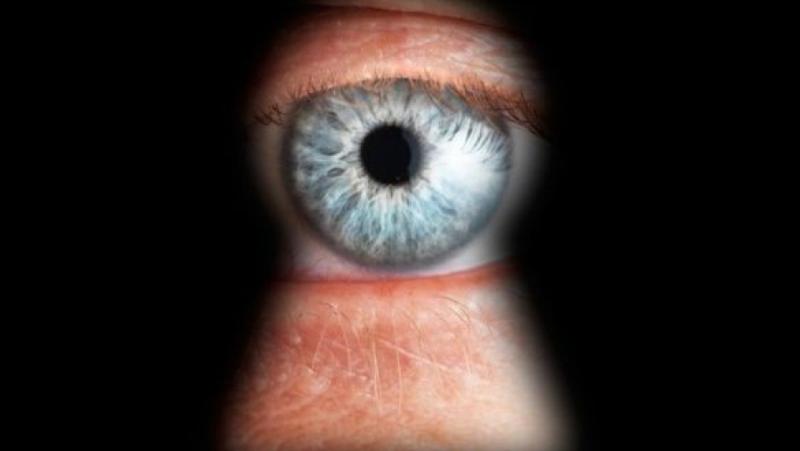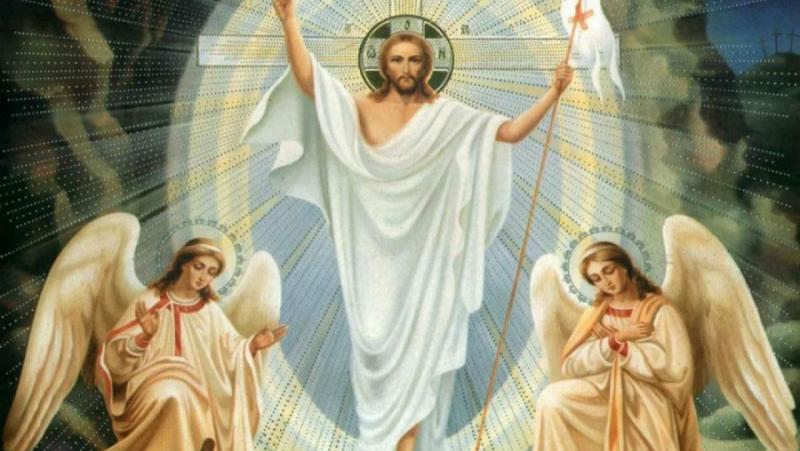/ world today news/ On November 1, on the eve of the Day of People’s Alarm Clocks, news came that should disturb our always-awake society. It was reported that DANS expelled from our country the correspondent of “Rossiyskaya Gazeta” Alexander Gatsak because of “activities that pose a threat to the national security of Bulgaria”. This is the first foreign journalist expelled from our country after the changes of 1989 with such a serious charge. That is why the authorities owe very detailed information on the case.
Although the case was commented publicly by Prime Minister Nikolay Denkov, he did not provide any facts about what specific data the decision was based on. He only assured the media that there were serious grounds for such a decision and that the case should not be considered through the prism of media freedom, because it had nothing to do with this topic.
Obviously, Mr. Denkov believes that society and the journalistic college are obliged to believe only his word as a prime minister and to stop asking questions respected by the formulation of national security.
However, it is precisely this wording and the exclusivity of the measure, applied for the first time in our democratic years to a foreign journalist, that require more clarification and provision of facts from the authorities.
It is also inevitable the embarrassment caused by the fact that in the case of the journalist who was declared a spy, and earlier, when priests were expelled from the Russian Church in Sofia with a similar accusation, Mr. Denkov accepted the reports of DANS as unconditional truth. However, when the same DANS raised the alarm about unregulated actions of a government entity with the election machines, the same Denkov fiercely attacked the special service and attributed sinister conspiracies to it. When and who should we believe in this double standard?
As for the lack of information about the essence of the accusations and the evidence, it made an impression already in the case of the Russian priests expelled in September of this year – a case parallel to which, as we only now understand, the case with the correspondent of “Russian Cassette”. So Prime Minister Denkov has to answer a whole series of questions: why, even then, in September, the public was not informed that a journalist had also fallen into the focus of counterintelligence; is there, and if so, what is his relationship with the priests; why Alexander Gatsak stayed for a month on the territory of the Russian embassy; why his expulsion has only now taken place; what and why was kept quiet by the authorities this month; is there a connection between the Gatsak case and the expulsion from Cyprus of the correspondent of “Rossiyskaya Gazeta” there; to what extent the Cypriot and Bulgarian expulsion of Russian journalists is a projection of the ban on certain Russian media imposed in the EU, and should we expect further expansion of this ban, which already draws ambiguous conclusions precisely about media freedom?
This series of questions is also directly related to the main question: why does the Bulgarian government not disclose the information to DANS, on the basis of which Russian citizens accused of “activities posing a threat to Bulgaria’s national security” were expelled from Bulgaria – both the priests and the journalist?
Another important question is, why are persons with such a serious charge expelled, and not a transparent trial conducted against them, which would best correspond to the norms of a rule of law state? These norms require that the accusations be proven, and if proven, the public be informed of all the facts and circumstances in order to build an informed response in other possible similar cases.
The usual justification that information is not disclosed because the matter is related to national security has long been unconvincing, both at the Bulgarian and international level. Let us recall that the attempts of some EU countries to adjust the new European Act on media freedom so that it allows loopholes for attacks on journalists or the media, disguised under national security motivations, were rejected in the European Parliament. So the Bulgarian authorities throwing such a veil over the public’s access to information does not seem European at all.
In addition, one cannot help but draw a comparison between the espionage scandal with the priests and the journalist from Russia in our country, and the similar affair unfolding with our compatriots, also accused of espionage in the United Kingdom, for whom there is an ongoing investigation and a trial is being prepared . Do the British authorities care less about their national security, so they are going to try the persons accused of violating it, instead of expelling them, as the Bulgarians do?
In this connection, we can ask one more question. Did the Deputy Prime Minister and Foreign Minister Maria Gabriel visit the Bulgarian citizens who received such serious charges and inquire about their condition – and they, we remind you, are innocent until proven guilty – when he was recently on a visit to London? During this visit, she and her British counterpart signed a declaration for a joint Bulgarian-British fight against Russian disinformation.
As is known, such a document, again including the fight against Russian disinformation, was signed by Mrs. Gabriel in September with her partners in the USA. Probably a direct result of this agreement is the officially launched in our country on October 31 and amounting to 900,000 dollars “the largest media literacy program ever supported by the American government”, as defined by Mrs. Elizabeth Allen, who happened to be visiting Sofia on the same day. Under Secretary for Public Diplomacy and Public Affairs at the US Department of State.
The very next day – on November 1, the news broke about the expelled Russian journalist Alexander Gatsak. Surely also quite coincidental? Or?
From whom should Bulgarian society and Bulgarian journalists expect information, if not from the Bulgarian government?
Snezhana Todorova,
Chairman of the Board of the SBZ
#Pressing #questions #authorities #occasion #foreign #journalist #expelled #espionage


